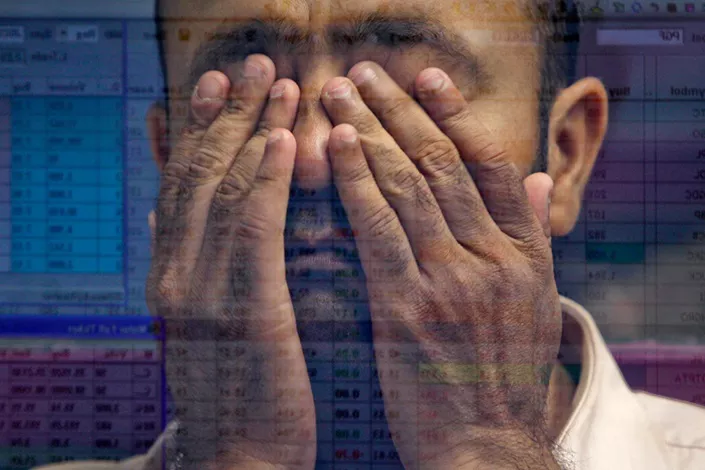Asian stock markets dropped on Friday, with Japanese markets leading the losses, as concerns about the escalating U.S.-China trade war overshadowed earlier relief from the U.S. decision to delay some trade tariffs.
Regional markets tumbled, mirroring a sharp decline on Wall Street, as a temporary rally fueled by President Donald Trump’s 90-day tariff exemption was quickly undermined by signs of worsening trade tensions between the U.S. and China. Trump’s announcement of higher tariffs on China prompted anger and threats of retaliation from Beijing, with both sides showing little willingness to engage in immediate trade negotiations.
Wall Street futures reversed early gains and dropped during Asian trading, with S&P 500 futures down by 0.8%.
In Asia, Japanese stocks were the hardest hit, due to Japan’s significant exposure to both U.S. and Chinese markets. The Nikkei 225 index fell by as much as 5%, alongside the broader TOPIX index, driven by losses in sectors heavily reliant on international trade, including automobiles and technology.
Japan saw some relief from Trump’s decision to delay a 24% tariff on the country. However, Citi analysts noted that Trump’s 10% universal tariffs, along with a 25% tax on automobiles, still posed near-term challenges. Citi also downgraded its 2025 GDP forecast for Japan and advanced its expectations for the Bank of Japan’s interest rate hike to March 2026, from June 2025. Despite these concerns, Citi predicted Japan would avoid a recession this year, buoyed by strong personal consumption and wage increases.
Meanwhile, Chinese stocks fared slightly better than their regional counterparts. The Shanghai Shenzhen CSI 300 index dropped by 0.6%, while the Shanghai Composite fell 0.2%, and Hong Kong’s Hang Seng index lost 0.5%. Chinese state-backed funds were seen buying up local stocks, offering some support to the market in the face of heightened trade tensions with the U.S.
In response to the trade war, Beijing promised additional support for domestic markets and outlined plans to accelerate stimulus measures. However, weaker-than-expected inflation data and the U.S. implementation of 145% tariffs on Chinese goods were expected to complicate efforts to stabilize the economy. China’s 84% retaliatory tariffs on U.S. goods, which took effect Thursday, further signaled Beijing’s lack of intention to de-escalate the trade conflict.
Broader Asian markets also ended in the red, reversing a brief rebound from the previous session. Singapore’s Straits Times Index dropped 2.1%, while Australia’s ASX 200 fell 1.3%. South Korea’s KOSPI lost 1.3%, and futures for India’s Nifty 50 pointed to a weak opening.
Related Topics:


